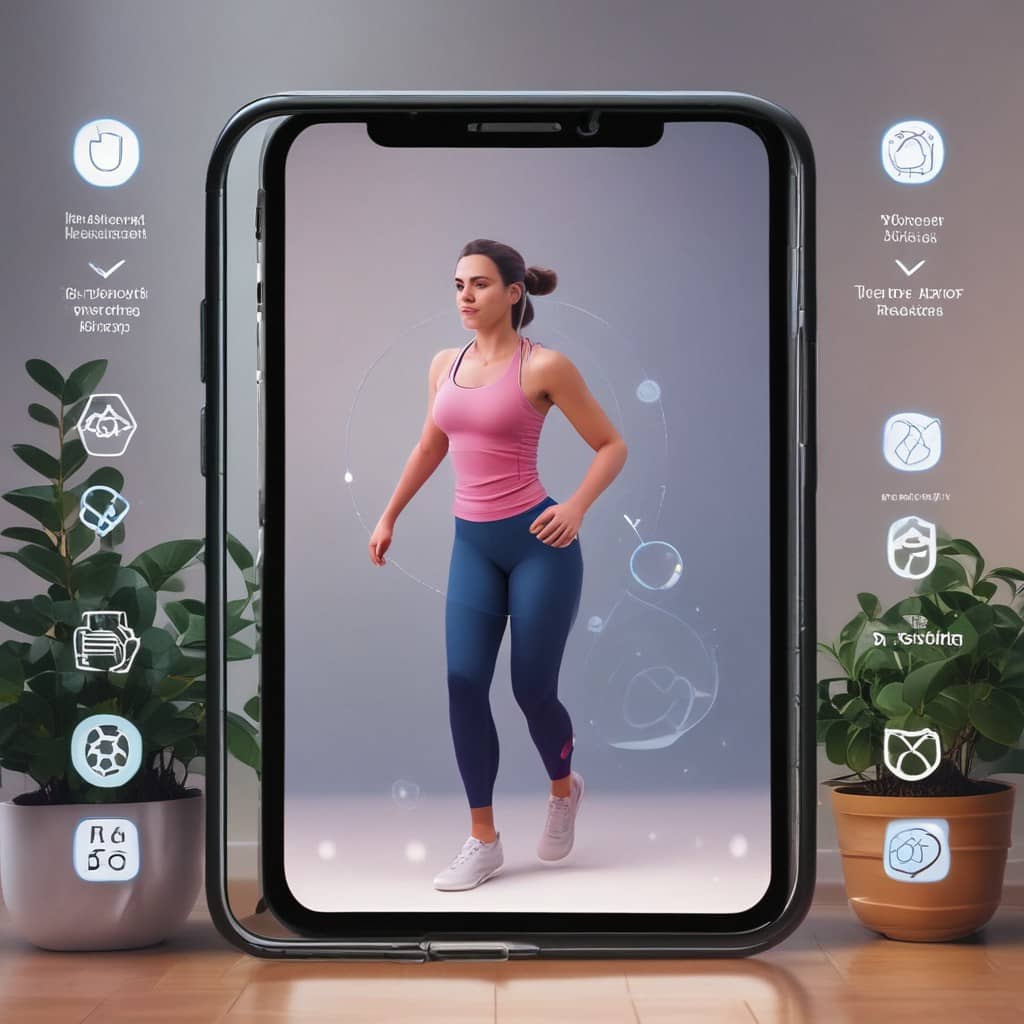
In 2025, AI-driven health trackers and apps have revolutionized how we monitor, manage, and improve our health. These tools go far beyond step counting or calorie tracking—they provide real-time insights, personalized recommendations, and even early warnings for potential health issues using advanced machine learning and predictive analytics.
Whether you’re managing chronic conditions or simply trying to stay fit, AI is now your intelligent health coach, medical advisor, and lifestyle guide—all in one.
🔍 What Are AI-Driven Health Trackers?
AI health trackers and apps use artificial intelligence to:
- 📊 Analyze biometric and lifestyle data
- 🤖 Detect patterns, anomalies, or health risks
- 🎯 Provide tailored fitness, nutrition, or mental health advice
- ⏱️ Predict future health trends or behaviors
- 📉 Recommend lifestyle changes to prevent disease
They integrate data from wearables, smartphones, sleep monitors, diet logs, fitness apps, and even EHR systems to give users a 360-degree view of their well-being.
🌟 Top AI-Powered Health Apps & Devices in 2025
1. WHOOP 5.0
- Advanced health band with AI recovery and performance analysis
- Tracks HRV, strain, sleep quality, and stress levels
- Offers real-time coaching and personalized daily goals
2. Oura Ring Gen 4
- Compact AI-powered ring that monitors sleep, readiness, temperature
- Early illness detection with trend analysis
- Popular among athletes, biohackers, and professionals
3. Fitbit Sense 3 + Google Health AI
- Uses AI to assess stress, heart rhythm, and skin temperature
- Offers guided breathing and mood detection
- Syncs with Google’s predictive health models
4. Lumen
- Metabolic health analyzer that tells you if you’re burning fat or carbs
- AI learns your body’s responses and offers meal timing suggestions
5. CarePredict
- Senior-focused wearable using AI to detect behavior changes
- Ideal for remote monitoring of elderly loved ones
- Can alert caregivers before a medical emergency occurs
💡 Real-World Use Cases
| Use Case | How AI Helps |
|---|---|
| Chronic Disease Management | Alerts users about blood sugar spikes, irregular heartbeats |
| Fitness & Recovery | Adjusts workouts based on sleep, recovery, and strain |
| Mental Health Monitoring | Tracks mood trends and suggests interventions |
| Sleep Optimization | Detects patterns like apnea, restlessness, REM duration |
| Nutrition Coaching | Recommends meals based on metabolism, goals, and glucose |
| Preventive Healthcare | Flags early warning signs before symptoms arise |
🧠 How AI Makes These Tools Smarter
- Machine Learning Models: Predicts user behavior, habits, and risks
- Computer Vision: Analyzes posture, movement, or meal portions via camera
- Natural Language Processing: Conversational health coaching or journaling
- Predictive Analytics: Estimates chances of illness or burnout
- Multimodal AI: Combines data from voice, touch, visuals, sensors
⚠️ Privacy & Security Concerns
AI in health must prioritize data protection. Key user concerns include:
| Concern | Solution |
|---|---|
| 🔓 Personal health data | End-to-end encryption + on-device processing |
| 🏥 Medical data misuse | HIPAA/GDPR-compliant storage and AI model usage |
| 📱 Device overreach | Transparent permissions and manual override options |
Choose apps with clear privacy policies, local processing capabilities, and medical-grade certifications when possible.
🔮 The Future of AI Health Trackers (2025–2030)
- 🧬 Genetic integration: Personalized advice based on DNA + lifestyle
- 🎤 Voice biomarkers: Early detection of diseases from voice analysis
- 📱 Passive health monitoring: Phone cameras & mics to analyze mood, stress
- 🤖 AI health assistants: Always-on bots to guide your wellness journey
- 🧘 Emotion-aware fitness: Workouts and routines tuned to your emotional state
✅ Final Thoughts
AI-powered health trackers aren’t just about numbers—they’re about lifelong wellness, prevention, and empowerment. In 2025, these tools are democratizing healthcare, offering personalized insights once only available in clinics and labs.
By combining your daily habits with powerful algorithms, these apps are turning data into decisions—and decisions into better health.
No Responses